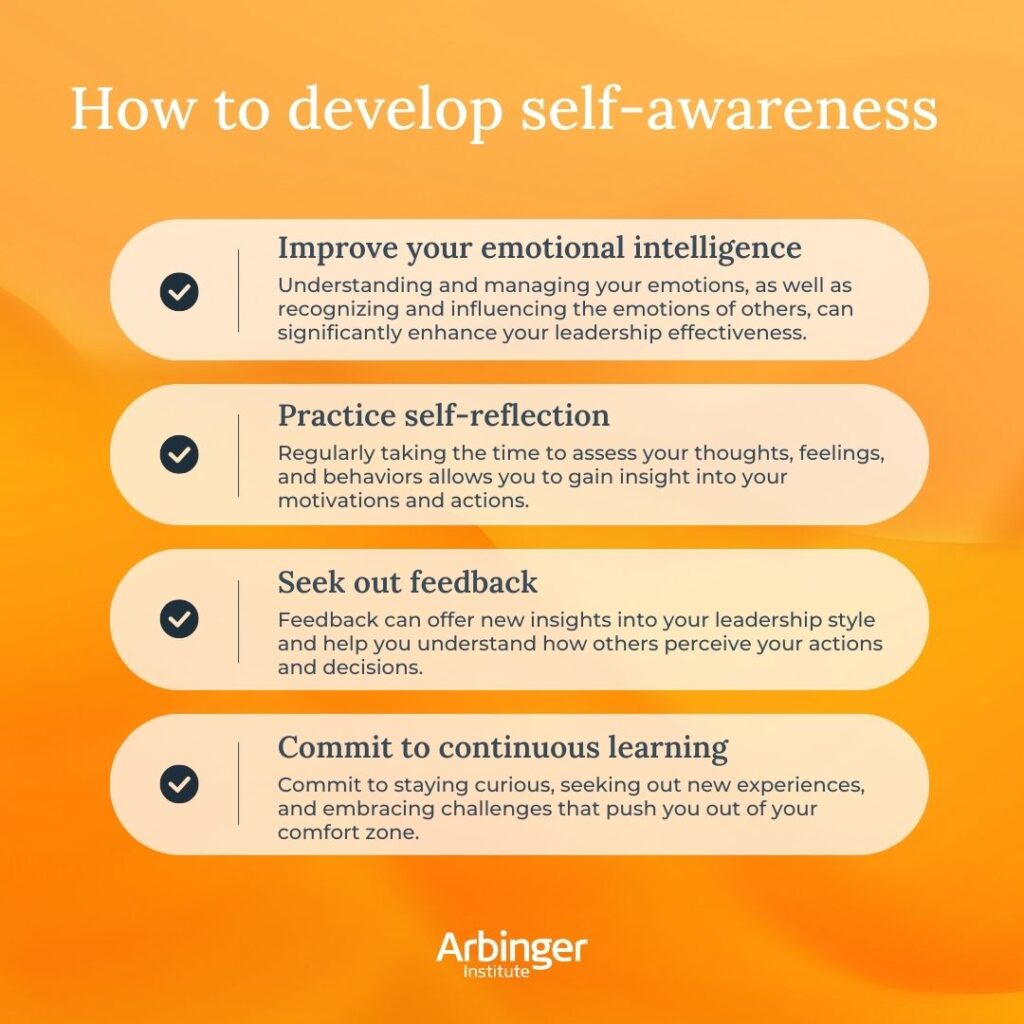Developing Emotional Intelligence for Middle-aged Leaders

Developing Emotional Intelligence for Middle-aged Leaders
Emotional intelligence (EI) is a vital skill for leaders, particularly in today’s fast-paced and dynamic work environment. As a middle-aged leader, developing emotional intelligence can significantly enhance your leadership effectiveness, improve relationships with your team, and boost overall job satisfaction. This article will explore the importance of emotional intelligence, its components, and practical strategies for middle-aged leaders to develop and strengthen their EI skills.

Why Emotional Intelligence Matters for Middle-aged Leaders
Emotional intelligence is not just a buzzword; it’s a critical leadership skill that sets successful leaders apart. It involves understanding and managing your own emotions and those of others, which is essential for effective communication, conflict resolution, and team motivation .2 .3. Middle-aged leaders often face unique challenges, such as managing diverse teams, navigating organizational changes, and balancing personal and professional responsibilities. Emotional intelligence helps leaders navigate these challenges by fostering a supportive work environment, improving decision-making, and enhancing collaboration .4 .5.

Components of Emotional Intelligence
Emotional intelligence consists of four key components:
-
Self-Awareness: Understanding your own emotions and how they impact your behavior.
-
Self-Management: Regulating your emotions to achieve goals and maintain well-being.
-
Social Awareness: Recognizing and understanding the emotions of others.
-
Relationship Management: Using emotional intelligence to build strong, effective relationships .4 .7.

Practical Strategies for Developing Emotional Intelligence

1. Build Self-Awareness
Self-awareness is the foundation of emotional intelligence. Here are some strategies to enhance self-awareness:
-
Structured Reflection: Set aside time for introspection. Use journals or meditation to understand your emotional responses and triggers .5 .12.
-
Seek Feedback: Regularly ask for honest feedback from colleagues and peers to gain insights into how others perceive you .12.

2. Develop Emotional Regulation
Emotional regulation is crucial for maintaining composure under pressure. Here are some techniques:
-
Mindfulness Practices: Engage in mindfulness exercises like deep breathing or guided meditation to manage stress and emotions .5 .12.
-
Structured Coping Mechanisms: Develop strategies to handle stress, such as taking short breaks or engaging in physical activity .5.

3. Enhance Social Skills
Effective social skills are vital for building strong relationships and fostering a positive work environment:
-
Active Listening: Focus on fully understanding others by maintaining eye contact, asking clarifying questions, and interpreting nonverbal cues .12.
-
Experiential Learning: Participate in role-playing exercises or group activities to improve communication and conflict resolution skills .5.

4. Cultivate Empathy
Empathy is essential for understanding and connecting with others:
-
Perspective-Taking: Practice seeing situations from others’ viewpoints to foster deeper understanding and empathy .5 .12.
-
Open Communication: Encourage open dialogue where team members feel valued and heard .10.

5. Develop Conflict Resolution Skills
Emotionally intelligent leaders handle conflicts effectively by focusing on solutions rather than emotions:
-
Stay Calm: Manage your emotions during conflicts to ensure rational decision-making .12.
-
Seek Solutions: Work collaboratively with team members to find mutually beneficial resolutions .12.

Case Studies and Examples
Real-world examples illustrate the impact of emotional intelligence on leadership effectiveness:
-
Mary Barra, CEO of General Motors: Demonstrated transparency and empathy during the ignition switch crisis, regaining trust through emotionally intelligent leadership .9.
-
Howard Schultz, Former CEO of Starbucks: Built a people-first culture by prioritizing employee well-being, showcasing the power of emotional intelligence in leadership .9.
Training Programs for Emotional Intelligence
Several training programs are available to help leaders develop emotional intelligence:
-
360° Leader – Emotional Intelligence in Leadership: Offers comprehensive feedback and strategies for managing emotions and building relationships .8.
-
FedEx Express’s People-First Leadership Program: Integrates emotional intelligence assessment and development, resulting in significant improvements in leadership competencies .14.









